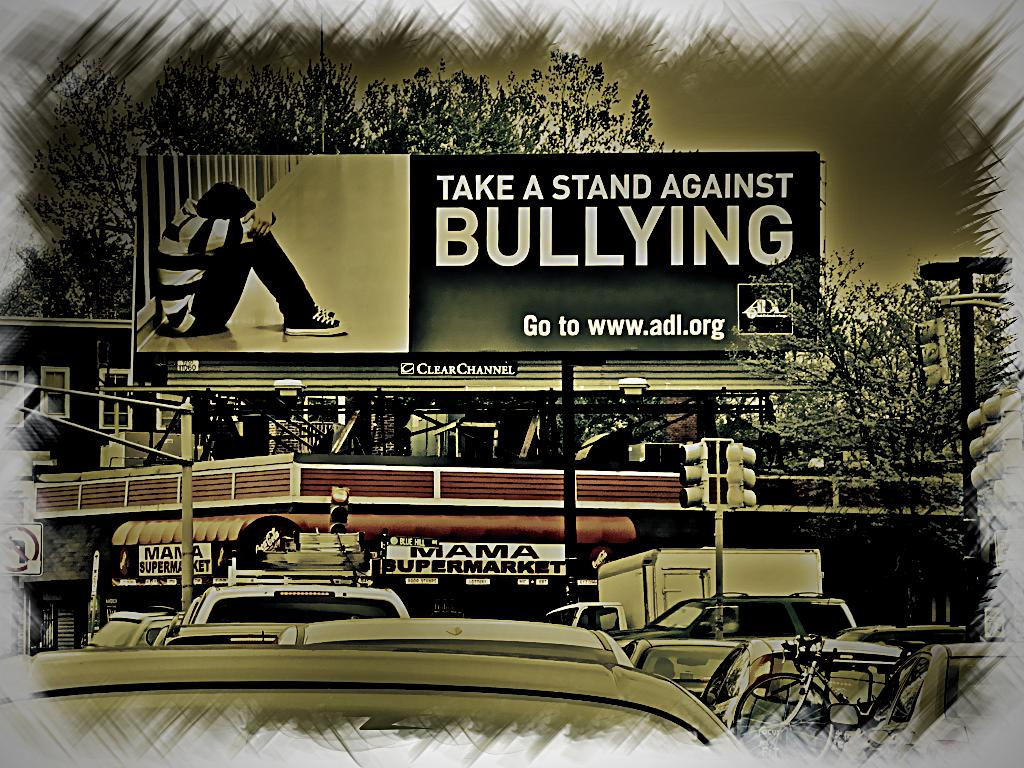When your teenager becomes violent, it can be a frightening thing to see. Unruly behavior and aggression can quickly escalate to violence against siblings, parents and peers. Unless your teenager receives professional treatment for their actions, they will not be able to function well in the adult world. The good news is that professionals who specialize in adolescent behavior have come up with several successful methods and treatments for violent teens.
The first thing that a professional must do is to get to the root of the teen’s problems. It may seem like you can easily diagnose the cause of your teen’s tendencies toward violence, such as you blame his older brother for wrestling too much. However, your child’s violence may be coming from a source that is much harder to pinpoint, such as depression, anxiety, abuse or low self-esteem. As hard as it may be to look at yourself, family toxicity in one form or another may also be the cause. A professional can help your child figure out the cause of their behavior.
Another aspect of treatment for violent teens includes setting firm boundaries and implementing consequences when those boundaries are violated. Discipline must be done consistently and without emotion so that the teenager knows what will happen every time they get aggressive. They will soon learn to observe the boundaries and rules or suffer the consequences. That’s why many residential treatment facilities for teens are so effective, because they provide a safe, secure environment where the rules are clear and enforceable.
Teaching kids how to deal with challenges in a non-violent way is another way to treat troubled teens. Professional counseling and family support will go a long way in helping teens see a better way to cope with frustrations, emotions and challenges. Regular visits with a psychologist can help kids learn better ways to act when they feel their emotions getting the best of them. They can also get tips on removing themselves from situations that have the potential to turn violent. Once the teen sees that the nonviolent methods do work in real life situations, they are more likely to turn to those avenues to negotiate rocky times.
In the best case scenarios, formerly violent teens are able to get treatment for the root of their problems, learn better ways to deal with their emotions, come up with methods of handling stress without resorting to violence, and learning to understand another person’s point of view. Once the teen has mastered ways to find solutions to issues that are not violent, he or she is well on the way to transitioning to a happier and healthier adulthood.
Some Help Your Teen Now Related Articles
- What Did I Do Wrong, My Teen Is Violent?
- What Are The Signs Of Troubled Teen Violence
- What Causes Violence In Teens?
- Creating Healthy Relationships, Combating Teen Dating Violence
- Doing Your Part For Teen Dating Violence Awareness Month
- I’m Worried My Teen May Be In A Violent Relationship
- Parenting Focused On Preventing Teen Violence
- The Hard Facts On Troubled Teen Violence










0 Comments